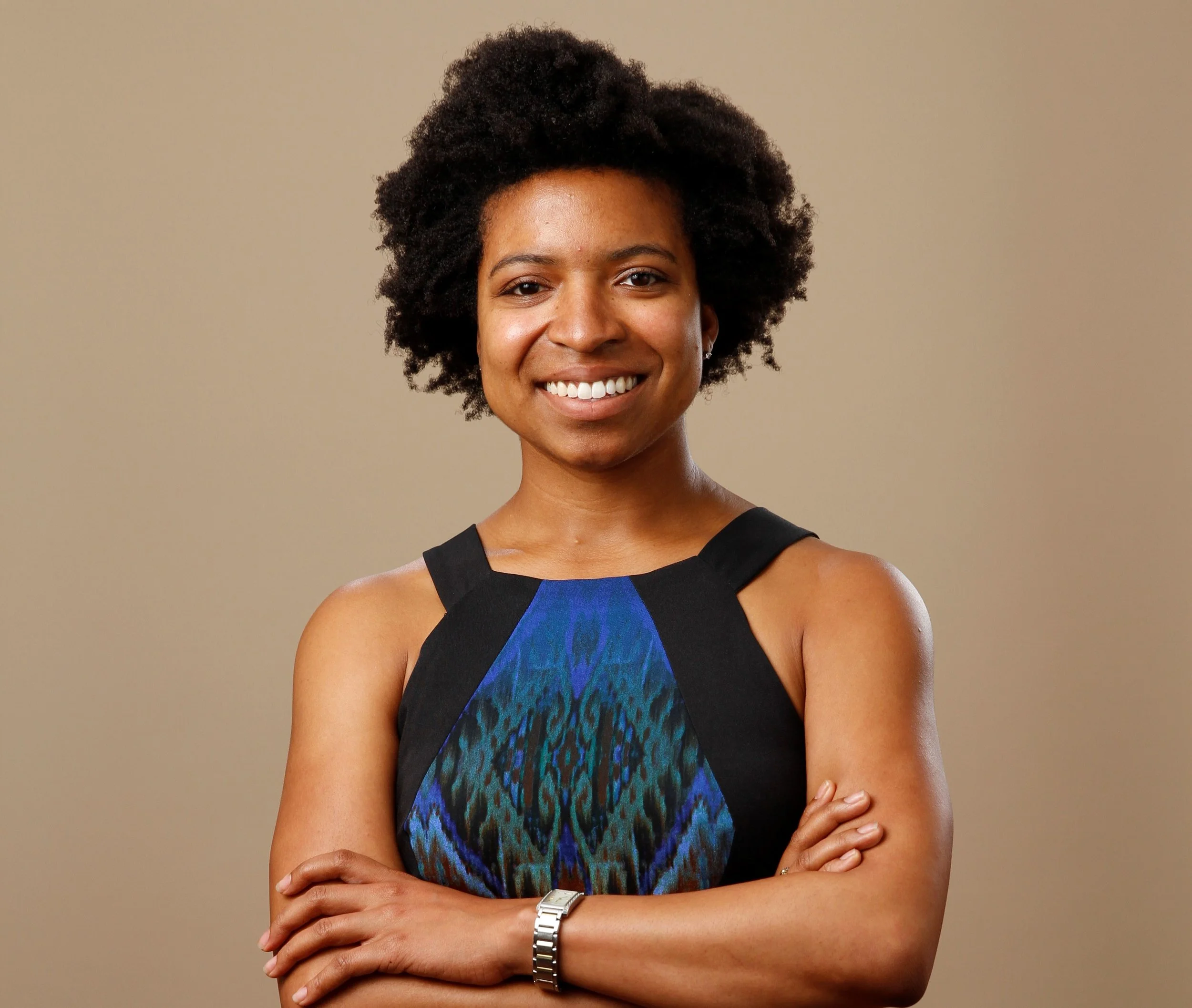Second Saturdays, Issue 3: Sydney Thomas's Greenbook for Founders
Aria: So great to chat with you, Sydney! I was introduced to you because a mutual friend of ours, Shruti Shah, mentioned you developed a list of investors that have demonstrated investing in founders of color. That’s something Maisha and I care a lot about. Can you tell me a bit about what you were trying to accomplish?
Sydney: I didn’t want founders to feel gaslit while pitching their brilliant concept. It was sort of meant to be a Greenbook for investors. Oh wait, I had never said that out loud. That’s pretty cool.
Yeah! It can be really demoralizing for founders of color to not be taken seriously by investors. How did you determine which investors were those who founders of color could feel comfortable pitching?
It was a chore. Essentially, I reached out to every single investor who I knew and asked them if they had invested in a Black or LatinX founder within the past two years. It was a lot of work to track all of these responses. At that time, I was one of even fewer Black women in VC and I was reaching out to my mostly white peers, asking them about race. It was heavy work and a lot of emotional labor. I am so happy that Crunchbase now tracks this information, so you can see what companies are POC owned, who are the investors, and what funds have POC investors.
Now that founders know what to look for, how do they find the right investors?
Use the Greenbook! I’m being a little tongue in cheek, because that data is dated. I haven’t updated it since I first released it in 2018. As far as strategy goes though, there are tiered layers of intros. Warm intros are the best, and the best warm intros are from a founder who is in an investor’s portfolio. The second best intro is from an investor themselves.
Different founders are also looking for different things in their inventors. Some are looking for a confidante. Some are looking for investors who can coach them through all the ins and outs of building. Others are looking for just money, and they don’t want anyone to get in their way. The ecosystem for founders today is great because there are so many kinds of investors now. Unfortunately though,qualifying investors is still hard, and investors don’t seem to enjoy getting asked questions like: what type of value do you really add?. I hope investors start making it more of a two-way due diligence process.
And what advice would you give to investors for how they should show up for their founders?
Founders want to be treated the same as everyone else. It's a low bar, but investors, by and large, have not met it. Founders want investors to share direct & honest feedback and provide them with good counsel. It’s been documented how white managers don’t give feedback to employees of color for fear of appearing biased, but that just backfires and means that their direct reports are not getting constructive feedback. This same dynamic shows up with investors.
This is also reinforced by founders of color feeling like they have to be perfect in every investor call. They don't want to share bad news. They feel like they are the token Black founder and have to represent for their entire race.
Founders and investors can level set their relationship by being honest and open about what they are looking for in the other. Investors can tell founders they’re investing in them because they’re impressed with them as a person. Founders can let investors know they want honest and constructive feedback.
This is part of the cultural conversation I want to have. Tech and the VC world create a facade of everyone seeming to have everything together. I feel like founders can be reluctant to ask for help, and this can be even harder for founders of color and female founders who have a lot of extra pressure and expectations applied to them.
Yeah, it’s really tough. We have to move to a space of nonviolent communication. One of the traits of effective founders - and honestly I would say more broadly fully actualized humans - is asking for what you need, as opposed to expecting people to just get it.


